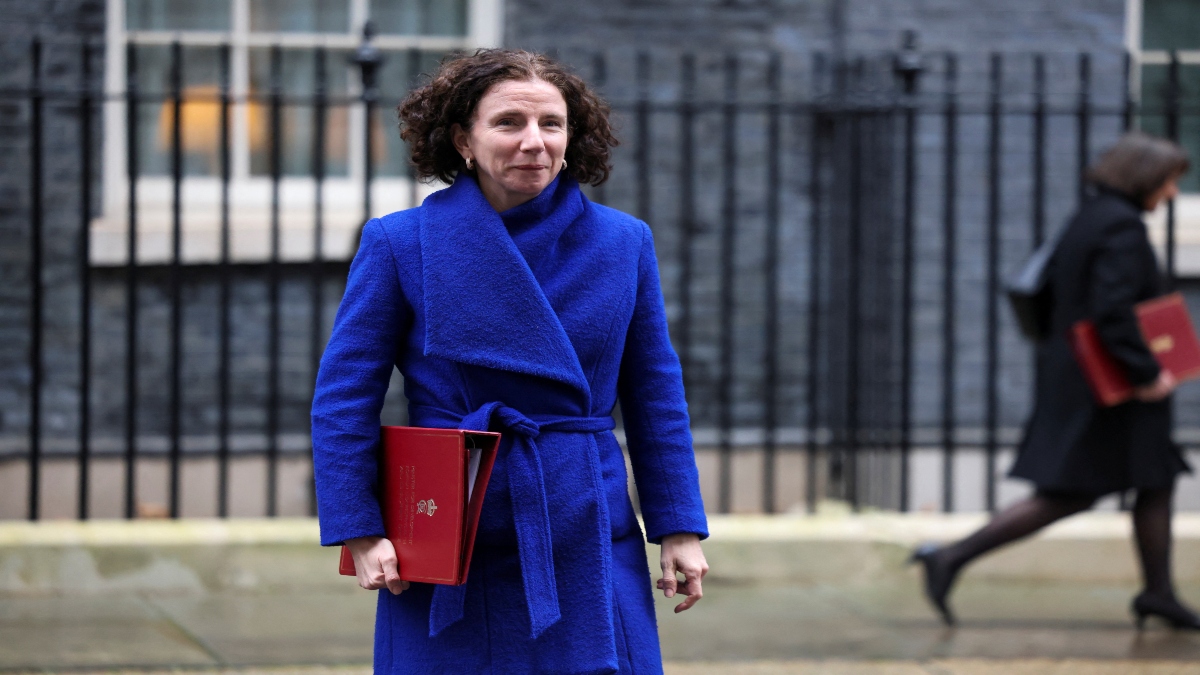Anneliese Dodds, the international development minister, has resigned in protest of Keir Starmer’s decision to cut the international aid budget by nearly half to fund a significant increase in defence spending.
According to The Guardian report, Dodds warned that reducing development aid would strengthen Russia’s global presence and encourage China’s efforts to reshape international norms.
She said the prime minister would struggle to uphold commitments to maintain aid for Gaza, Sudan, and Ukraine with a budget reduced by about £6 billion by 2027, added the report.
“Ultimately, these cuts will remove food and healthcare from desperate people - deeply harming the UK’s reputation,” she wrote in the letter posted on X.
While she supports increased defence spending, acknowledging the collapse of the postwar consensus following Russia’s invasion of Ukraine, Dodds had anticipated some cuts to aid.
However, she argued that Starmer’s ambition to raise defence spending to 3% of GDP might only be the beginning, given the current global turmoil. She called for alternative funding strategies, such as revisiting borrowing rules and taxation, rather than relying solely on budget cuts.
Dodds’ resignation comes a day after Starmer enjoyed one of the most successful days of his premiership in his meeting with US President Donald Trump in the White House, where they discussed a trade deal and the war in Ukraine.
Days before, in a signal to Trump that Britain was prepared to make sacrifices to boost Europe’s security, Starmer raised the defence budget, saying he would fund the increase by cutting the overseas development budget from 0.5% of GDP to 0.3%.
The decision stunned humanitarian charities, who warned it would tarnish British influence abroad and have a devastating impact on those they support.
Dodds said she had decided to go before the prime minister’s trip to Washington but held off making the announcement to avoid overshadowing it.
Impact Shorts
More Shorts“I know you have been clear that you are not ideologically opposed to international development. But the reality is that this decision is already being portrayed as following in President Trump’s slipstream of cuts to USAID,” Reuters quoted Dodds as saying, referring to the US decision to pause all foreign development assistance.
National security ‘first duty’, Starmer replies
Starmer responded in a letter published by his office, thanking Dodds for her work but standing by his decision.
“The decision I have taken on the impact on ODA (Official Development Assistance) was a difficult and painful decision and not one I take lightly. We will do everything we can to return to a world where that is not the case and to rebuild a capability on development,” he wrote.
“However, protecting our national security must always be the first duty of any government.”
Britain is the fifth-largest international aid donor, contributing over $19 billion in 2023, according to OECD data. The U.S. leads the rankings, followed by Germany, European Union institutions, and Japan.
Dodds had collaborated closely with Starmer since he became Labour Party leader five years ago. She served as his chief economic spokesperson for over a year until her role changed in 2021 due to concerns about effectively conveying the party’s vision.
With inputs from agencies
)